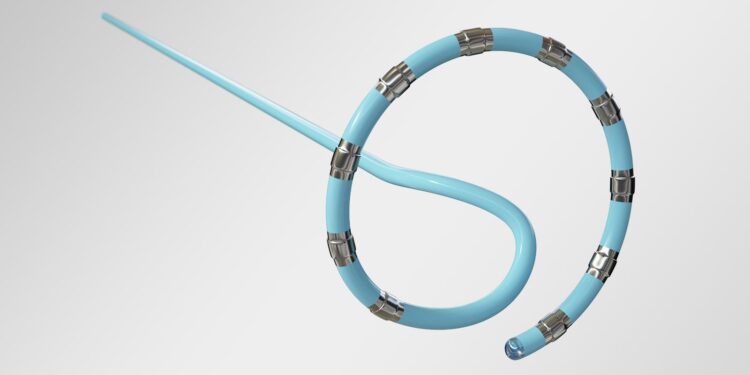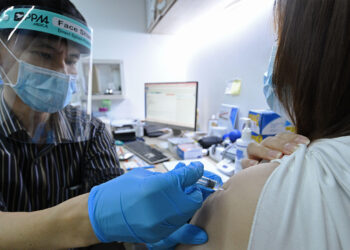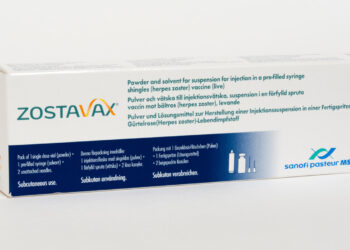Just months after FDA approval, Johnson & Johnson paused the rollout of its Varipulse pulsed field ablation (PFA) platform in the U.S. due to safety reasons.
In a U.S. external evaluation cohort, four reported neurovascular events occurred among over 130 cases across 14 sites and 40 operators.
“We are working diligently to complete the investigation according to our medical safety processes and resume the U.S. External Evaluation. We expect to have more information to communicate within the coming days,” the company said in a statement, adding that more than 3,000 commercial procedures have been successfully completed around the world.
The Varipulse PFA platform was only recently approved for the treatment of drug-refractory paroxysmal atrial fibrillation in November 2024, backed by data on 12-month outcomes in the AdmIRE pivotal trial.
In that single-arm study, the rate of primary adverse events within 7 days of ablation was 2.9%, with the most common complication being pericardial tamponade (1.1%), and a few cases of stroke (0.7%) and transient ischemic attack (0.4%).
The study’s primary effectiveness endpoint — a composite endpoint that included 12-month freedom from documented atrial tachyarrhythmia episodes, failure to achieve pulmonary vein isolation, use of a non-study catheter for pulmonary vein isolation, repeat procedure (except for one redo during blanking), taking a new or previously failed class I or III anti-arrhythmic drug at higher dose after blanking, or direct current cardioversion after blanking — was 74.6%, while the 1-year freedom from atrial fibrillation, atrial tachycardia, or atrial flutter recurrence rate after blanking was 75.4%.
PFA is a relatively new, largely non-thermal cardiac ablation technology. Unlike conventional radiofrequency ablation and cryoablation for atrial fibrillation, PFA relies on microsecond-scale, high-voltage electrical fields to induce cardiac cell death to isolate the pulmonary veins. This is supposed to be safer, since the technology is more tissue-selective and therefore less likely to result in collateral tissue injury.
Unlike other PFA systems on the market, the Varipulse has a variable-loop catheter integrated with an electroanatomic mapping system designed for real-time non-fluoroscopic procedural guidance, lesion indexing, and feedback on tissue-to-catheter proximity.
Its rival devices include the first PFA system to receive FDA approval, Medtronic’s PulseSelect PFA system, which has been approved since December 2023. Also still on the market is the Farapulse PFA system from Boston Scientific, approved a year ago, as well as the Medtronic Affera mapping and ablation system with the Sphere-9 catheter that offers the option of both PFA and radiofrequency ablation.
Source link : https://www.medpagetoday.com/cardiology/arrhythmias/113699
Author :
Publish date : 2025-01-08 21:33:07
Copyright for syndicated content belongs to the linked Source.


![author['full_name']](https://newshealth.biz/wp-content/uploads/2025/01/Varipulse-Heart-Device-Procedures-Paused-After-Safety-Events.jpg)












